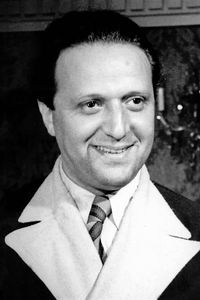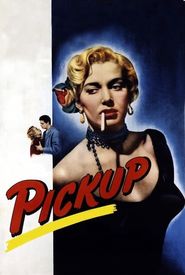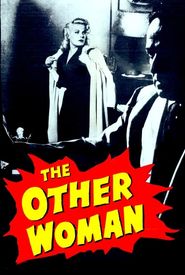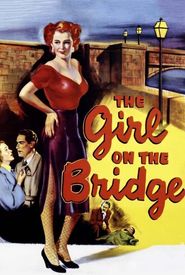Hugo Haas, a portly and somewhat disheveled individual, was a renowned Czech actor in the 1930s, known for his comedic talent and versatility in writing, directing, and producing. His career was marked by a gradual growth in stature, as he delved deeper into creative pursuits.
However, the Nazi invasion of Czechoslovakia forced Haas to flee his homeland and seek refuge in the United States. Initially, he struggled to find his footing in the American film industry, starting as an announcer for broadcasts to Eastern Europe and later working as a narrator for propaganda films.
Following World War II, Haas revitalized his acting career, taking on flashy support roles and often portraying slick, seedy villains in lavish costumes. He enjoyed a certain level of popularity, and with the money he earned, he began financing his own independent films in the 1950s.
Despite his earlier success, Haas' later films were met with lukewarm reception, with titles such as "Pickup" (1951),"Thy Neighbor's Wife" (1953),and "Bait" (1954) being criticized for their sensationalism. Many of these films were poorly acted and cheaply produced, featuring a recurring theme of an older respectable man being seduced and ruined by a younger woman.
Haas' reputation suffered as a result of these films, earning him the nickname "foreign Ed Wood," which was unfair given his earlier accomplishments. He had planned to return to his native land in 1968 but was thwarted when the Russians seized control. Disheartened and depressed by the state of affairs in his country, Haas died shortly after of heart failure, his artistic creativity and integrity ultimately stifled by the Hollywood machine.
Haas is a poignant reminder that the film industry can sometimes rob a person of their artistic vision and integrity, leaving behind a legacy that is not entirely just or fair. Despite his struggles, Haas remains a fascinating figure, a testament to the complexities and challenges faced by artists in the face of adversity.


















































